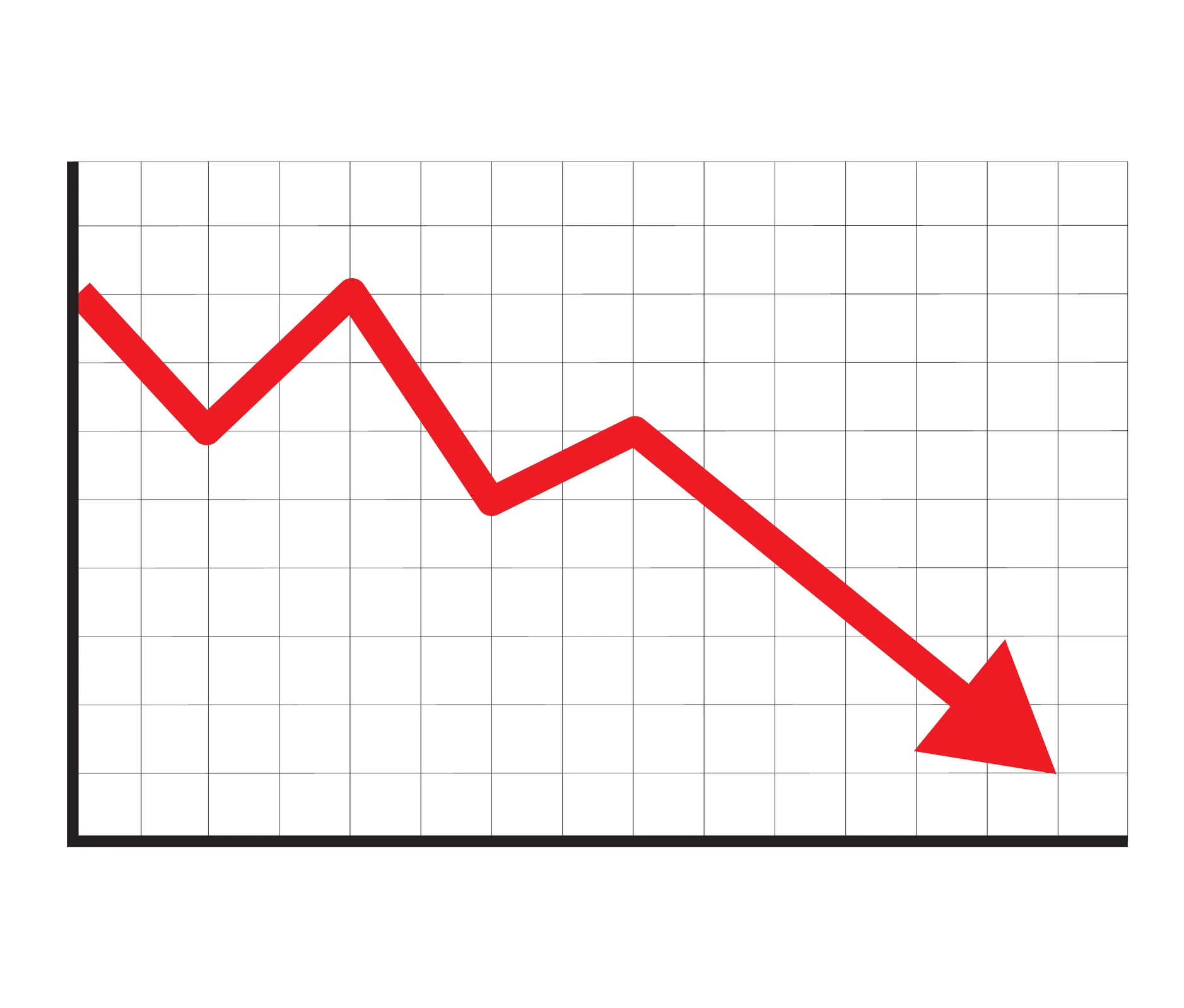EV pickup customs rate increased tenfold, consumers facing troubles
Previously, the customs duty on small EV pickup vans was set at 1%.

KATHMANDU: During the preparation of the upcoming fiscal year’s budget, it has been discovered that the Finance Minister has made arbitrary changes to tax rates.
In an unreasonable move, the Finance Minister has significantly increased the tax rate on electric vehicles (EVs), allegedly influenced by a group involved in trading small diesel and petrol pickup vans used for commercial purposes. This tax hike appears to discourage the use of EVs.
Previously, the customs duty on small EV pickup vans was set at 1%.
These small EV pickups have played a crucial role in transporting agricultural products from rural areas.
Instead of adopting policies to reduce transportation costs and promote the development of the agricultural sector, the government has seemingly taken a counterproductive step.
It is suspected that the Finance Minister, under the influence of a specific business group, increased the customs duty on small EV pickups from 1% to 10%, representing a 900% hike.
Farmers themselves have voiced concerns that this move complicates the previously efficient and low-cost transportation of agricultural goods.
“Purchasing small EV pickups and using them for transportation had enabled self-employment,” said young farmer Bikram Thapa from Kavre. “However, under the influence of some business conglomerates, the government has made it more difficult for those aiming for self-employment. Instead of providing incentives for such small electric pickup vans that directly contribute to agricultural development, the Finance Minister has taken a regressive step.”
Thapa claims that the government, without proper study, collaborated with a business group to increase taxes on EV pickups. “This step is unjustifiable,” he said. “The Finance Minister must immediately rectify this. On one hand, the government talks about increasing subsidies in the agricultural sector, while on the other, it raises the customs duty on small EV pickups, essential for transporting agricultural products and promoting self-employment, by ninefold. This is contradictory.”
Currently, there are barely 100 small EV pickups in Nepal. The additional revenue or customs duty from such a tax hike would be negligible.
However, the long-term impact of this decision could be significant.
“It is clear that this action, which contributes insignificantly to government revenue, was taken under someone’s influence,” said Bhaktapur transportation entrepreneur Niraj Prajapati. “One can easily surmise that the customs duty was increased in a planned manner to benefit the group trading diesel and petrol pickup vans.”
Prajapati also demanded the immediate removal of the 900% customs duty increase on small electric pickups, highlighting their potential to significantly contribute to agricultural development and create self-employment opportunities for many youths.










